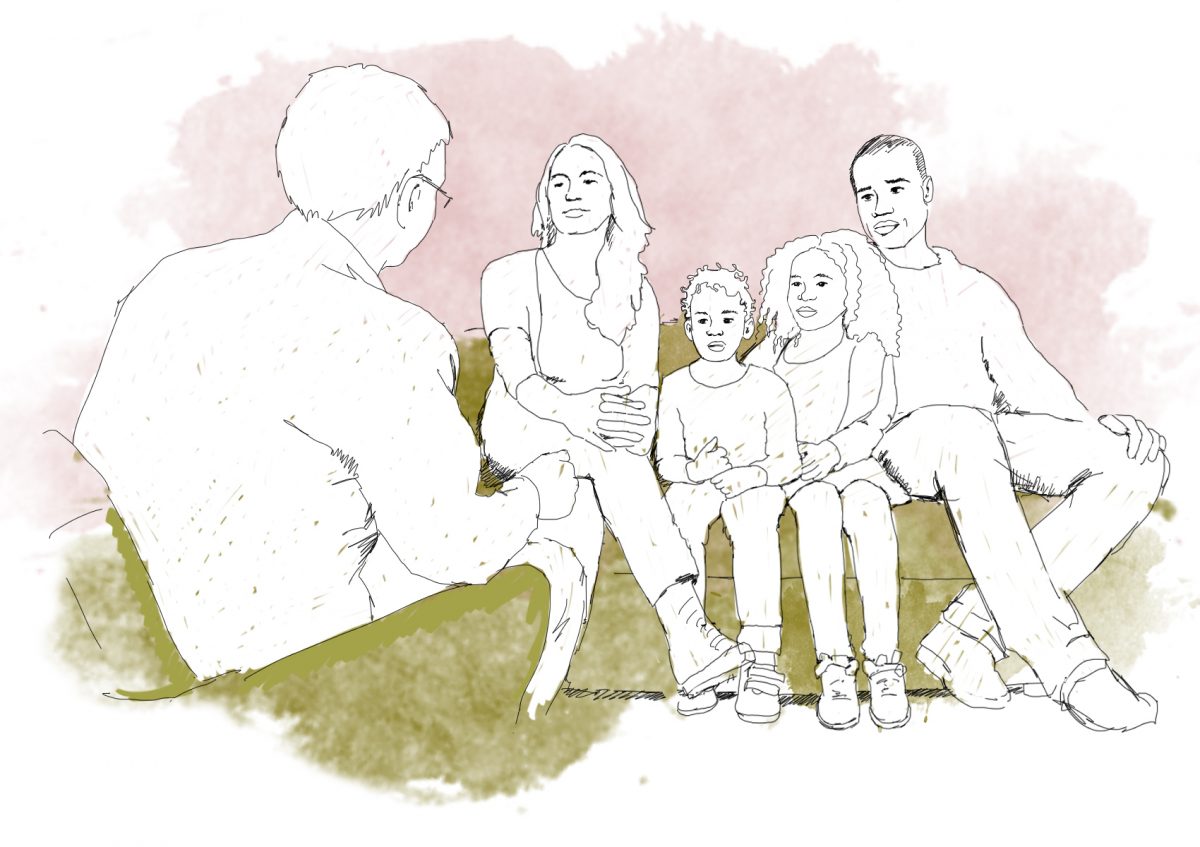
Family therapy
How Therapy for the family works and How can it help my Family?
Family therapy is a type of therapy that includes all or key members of the family to reduce distress and conflict within the family. Through making sense of the difficult interactions between people and supporting family members to understand the intension behind behaviors, exploring difficult thoughts and emotions safely. By understanding each other’s experiences, the therapy helps to build on existing strengths to make useful changes in their relationships. While traditionally family therapists often seek all family members (affected by the problem) in the room, that is not always possible or necessary. The difference between family therapy and individual therapy is its approach of viewing the problems as a pattern within the family that need adjusting, as opposed to viewing problems as residing in one member of the family, which is why family therapy is often referred to as a “strengths based treatment.”
Key reasons why families may decide to have some therapy:
- A major trauma or change to family life that impacts the whole family – i.e. traumatic loss of a family member.
- When a child is struggling with school, substance misuse, relationships or families are struggling to communicate which is becoming destructive.
- Divorce
- Domestic abuse
- Change to family system – i.e. adoption, blended family, birth of a sibling etc.
- And many more…
Family therapy can be helpful on many levels, such as:
- Support family members develops and maintains healthy boundaries
- Fosters cohesion and communication among family members
- Supports family members to problem solve through understanding of family patterns and dynamics
- Supports with building empathy and understanding.
- Reduces family conflict

